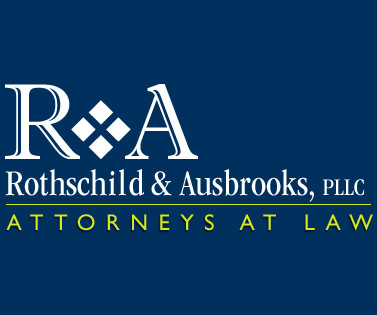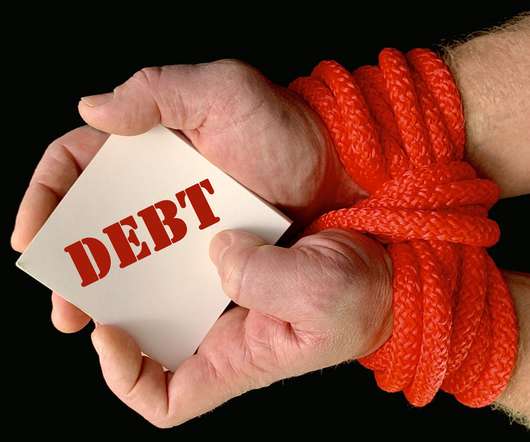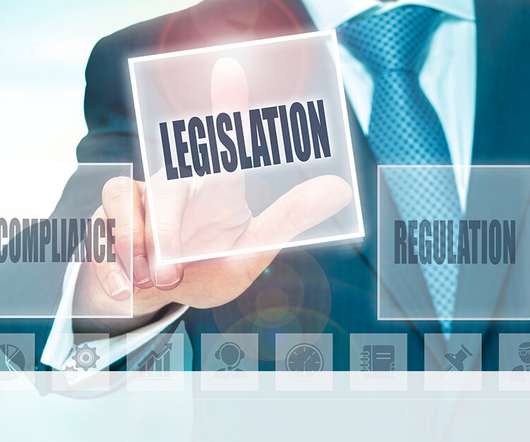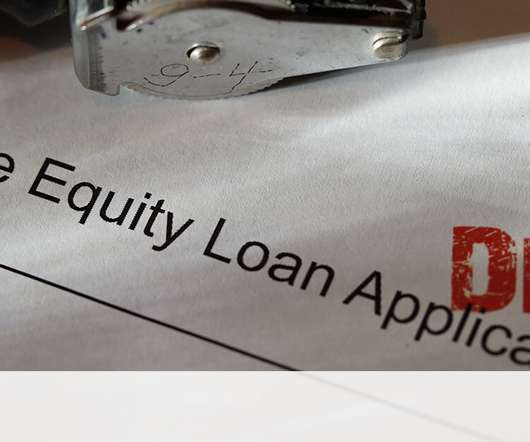Filing for bankruptcy after graduation
Roths Child Law
AUGUST 14, 2023
Graduates may have received grants and awards to help pay for their education, but many have student loans hanging over their heads. When it comes to repaying credit card companies after graduation along with those student loans, a lot of graduates struggle to repay their debts. One common solution to debt is bankruptcy.



















Let's personalize your content